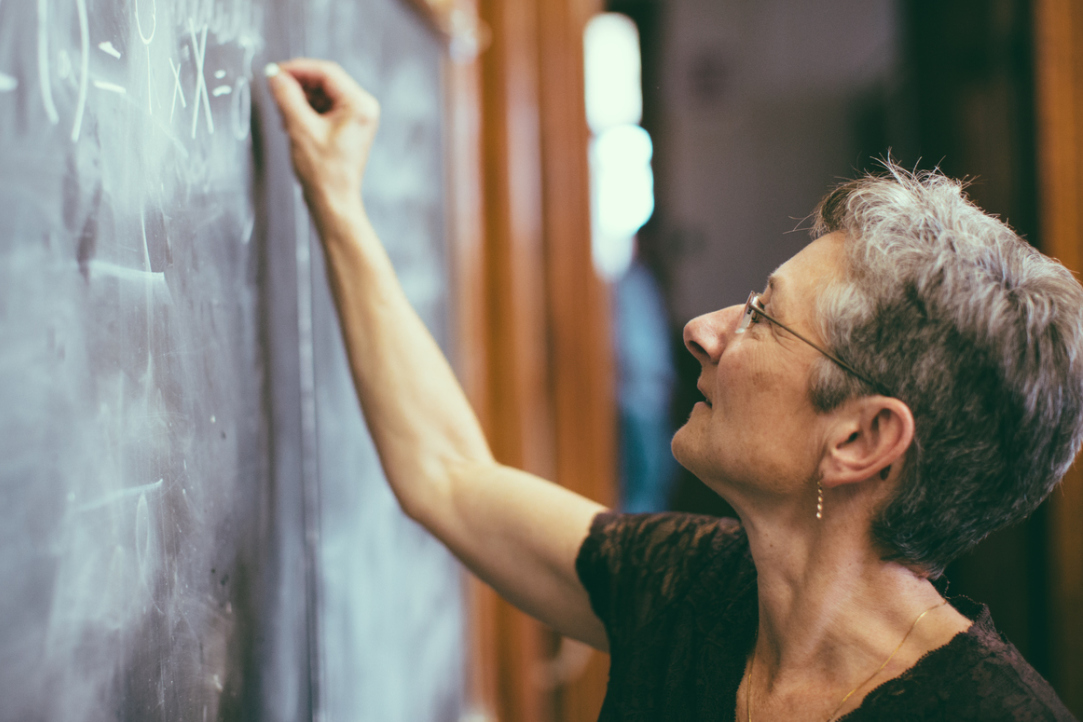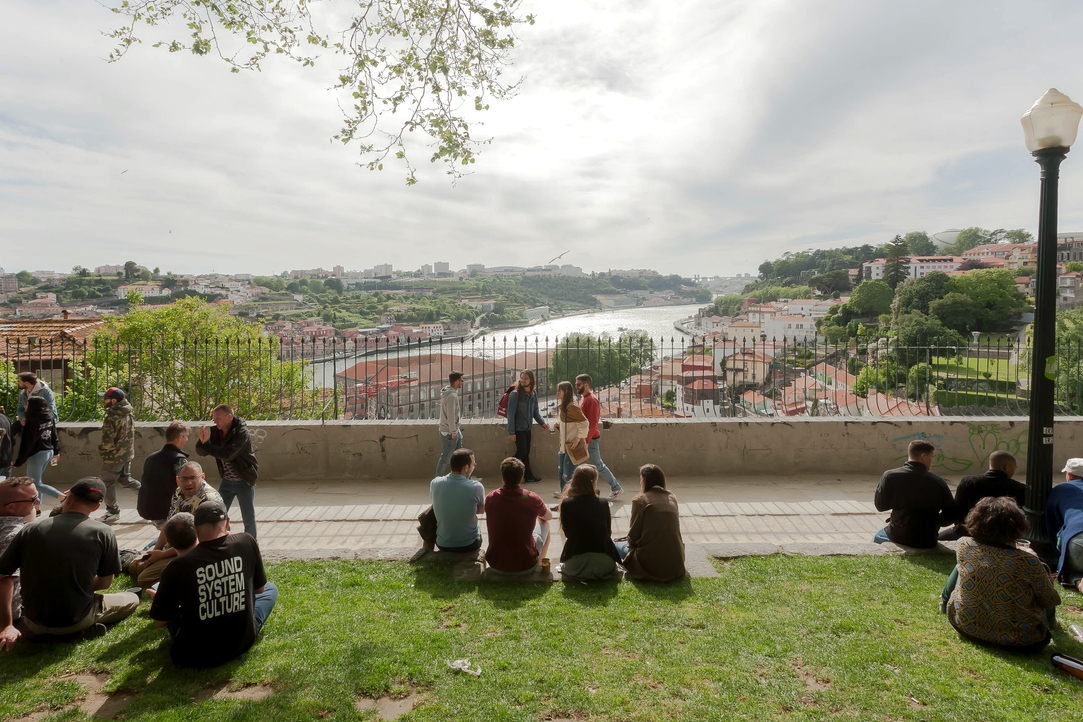
Globalization Endures: Global Trade and the Economy Are Showing Signs of Recovery
The global economy’s pace of recovery after the pandemic largely depends on whether consumers will return to a hedonic style of consumption. At the XXII April International Academic Conference, organized by the HSE and Sberbank, the HSE School of World Economy held a round table ‘The World Economy in the Context of the Coronavirus Pandemic’.

University Salaries Show Poor Correlation with Academic Achievements
In 2012, many universities started signing incentive contracts with their staff in order to stimulate research and active inclusion in the global academic market. Together with orders issued by Russia’s president in May, this has led to growth in university salaries. But exactly which responsibilities increase pay — teaching, research or administrative work? The answer to this question will help improve the effective contract system to make it profitable both for teachers and universities.

‘No One Can Say We’re Going to Replace Old People with Machines’
Experts believe that increasing productivity, diversifying the economy, as well as developing human capital and expanding non-resource exports will help boost Russia's economic growth. But the state policy has to be smart. This was discussed at a series of round tables and expert discussions on the topic of productivity at the XXII April International Academic Conference on Economic and Social Development, organised by HSE University and Sberbank.

The Pandemic Requires Breakthrough Solutions from Us
From April 13 to 30, HSE University is hosting the XXII April International Academic Conference on Economic and Social Development, one of the most important annual events in Russian humanities. Profile talked to Lev Jakobson, co-chair of the conference organising committee and vice president of HSE University, about the challenges that researchers face today.

Attention Priority Map Explains Surprising Phenomena of Visual Search
Researchers from HSE University and Harvard University have found that the speed of finding an item with a unique combination of features is not affected by the ease with which these items can be grouped by features. Such results are predicted by theories of parallel attention control. The study is published in the Journal of Vision.

Living in an Age of Change: Understanding Digital Exclusion
The competition for promising young researchers is intensifying around the world, and spending on preparing future generations of highly qualified specialists is on the rise. This is happening against a backdrop of digitalisation, which is creating a new digital inequality. For example, a quarter of the adult population in Russia does not possess any digital skills and does not use the Internet. These and other topics were discussed by participants of a round table held during the XXII April International Academic Conference on Economic and Social Development organised by HSE University and Sberbank.

Life Satisfaction among Young People Linked to Collectivism
The values of collectivism remain important for young people. They promote a sense of loyalty to family and a willingness to accept support from loved ones. Young people who value mutual assistance and a close relationship with others are more satisfied with life, regardless of whether they belong to a collectivist or individualist type of culture.

Researchers Establish Intracellular Interaction Network in Breast Cancer
HSE University researchers have identified the genes that play a crucial role in breast cancer metastasis. The results of the study were published in the journal PLOS ONE.

HSE University Researchers Track Language Abilities of Russian Children with ASD
Researchers from the HSE Center for Language and Brain have, for the first time, described the language abilities of Russian children with Autism Spectrum Disorder (ASD) at all linguistic levels (e.g., phonology, lexicon, morphosyntax, and discourse), using a language test that takes into account the psycholinguistic variables most relevant for Russians. The study was published in Journal of Autism and Developmental Disorders.

‘Idea of Environmental Protection Should Become Part of Foreign Policy’
To improve its global competitiveness, Russia needs an independent environmental agenda along with a concept for environmental protection, and it makes sense to suggest a ‘global clean deal’ to Europe. A report outlining this, prepared by a team of experts from HSE University, the Ministry of Foreign Affairs and environmentalists, was presented at TASS.


Deadline for submitting applications is November 7, 2025